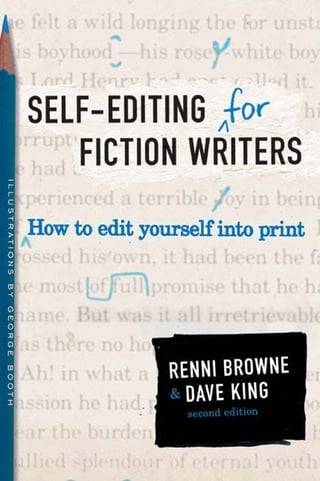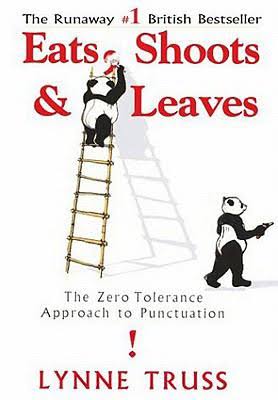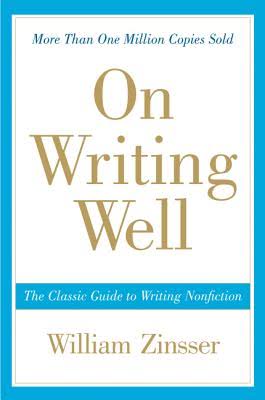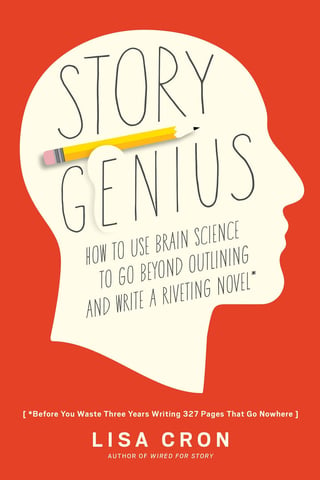How to learn Writing in 2025 – Complete Guide and Resources
Last updated: May, 2025 • 13 min read
In this comprehensive guide, we'll walk you through the best ways to learn Writing, from recommended books and courses to finding expert mentors who can accelerate your learning journey.
Before diving into learning Writing, a word of caution: While there are many resources available online, it's important to follow a structured learning path and avoid getting overwhelmed. Having a clear goal and roadmap will help you stay focused and make steady progress.
If you're looking for a more guided approach, you may want to check out our Writing mentors who can help create a personalized learning plan and provide expert guidance throughout your journey.
Getting started with Writing
In this guide, we'll cover:
- Learning Resources - Recommended books and online courses to build your Writing knowledge
- Expert Guidance - Finding mentors and joining communities
- Career Development - Building a portfolio and preparing for jobs
Let's explore each of these areas to help you create an effective learning path for mastering Writing.
How can I start learning Writing?
Getting started with Writing is very achievable with the right approach and resources. Here are some key steps to begin your learning journey:
- Start with fundamentals. Begin by learning the core concepts and principles of Writing. This builds a strong foundation for more advanced topics;
- Take online courses. Platforms like Coursera, Udemy, and edX offer structured Writing courses for beginners. These provide guided learning with hands-on practice;
- Read documentation and books. Official documentation and recommended books can deepen your understanding of Writing concepts;
- Connect with a mentor. Our experienced Writing mentors can create a personalized learning plan and guide you through your journey efficiently.
Can I learn Writing on my own?
While self-study is possible, having expert guidance can save you months of trial and error and help you avoid common pitfalls. Here's what to consider:
- Self-paced learning. Online resources and tutorials let you learn at your own speed, but it can be challenging to know if you're on the right track;
- Community support. Join online communities and forums to get help, though responses may vary in quality and accuracy;
- Professional mentorship. Working with a Writing mentor provides personalized feedback, industry insights, and accountability to keep you progressing;
- Structured approach. A mentor can create a customized learning path based on your goals and current skill level.
Can I learn Writing in one month?
While you can grasp basic concepts of Writing in a month with dedicated study, becoming proficient typically takes longer. Here's a realistic timeline:
- First month. Master fundamental concepts and basic principles of Writing;
- 3-6 months. Develop intermediate skills and work on increasingly complex projects;
- 6-12 months. Build advanced knowledge and professional-level expertise;
- Accelerated learning. Working with one of our expert Writing mentors can significantly speed up this timeline through focused guidance and industry best practices.
Learning Resources for Writing
One of the most effective ways to build a strong foundation in Writing is through carefully selected learning resources. Let's explore some key materials that can help you master this field.
Essential Reading Materials
Books remain one of the most comprehensive ways to learn Writing in depth. They provide structured knowledge and detailed explanations that are often missing from online tutorials. Here are some recommended reading approaches:
- Start with beginner-friendly books that introduce core concepts and fundamentals
- Progress to intermediate texts that cover more advanced topics and real-world applications
- Keep reference books handy for looking up specific concepts and techniques
Recommended Books for Writing

Self-editing for Fiction Writers
In this completely revised and updated second edition, Renni Browne and Dave King teach you, the writer, how to apply the editing techniques they have developed to your own work. Chapters on dialogue, exposition, point of view, interior monologue, and other techniques take you through the same processes an expert editor would go through to perfect your manuscript. Each point is illustrated wit…

Eats, Shoots & Leaves: The Zero Tolerance Approach to Punctuation
In Eats, Shoots & Leaves, former editor Lynne Truss, gravely concerned about our current grammatical state, boldly defends proper punctuation. She proclaims, in her delightfully urbane, witty, and very English way, that it is time to look at our commas and semicolons and see them as the wonderful and necessary things they are. Using examples from literature, history, neighborhood signage, and …

On Writing Well
On Writing Well has been praised for its sound advice, its clarity and the warmth of its style. It is a book for everybody who wants to learn how to write or who needs to do some writing to get through the day, as almost everybody does in the age of e-mail and the Internet. Whether you want to write about people or places, science and technology, business, sports, the arts or about yourself in…

Story Genius: How to Use Brain Science to Go Beyond Outlining and Write a Riveting Novel (Before You Waste Three Years Writing 327 Pages That Go Nowhere)
It’s every novelist’s greatest fear: pouring their blood, sweat, and tears into writing hundreds of pages only to realize that their story has no sense of urgency, no internal logic, and so is a page one rewrite. The prevailing wisdom in the writing community is that there are just two ways around this problem: pantsing (winging it) and plotting (focusing on the external plot). Story coach Lis…
Online Learning Platforms
Online courses provide structured learning paths with hands-on practice. Here are some recommended platforms and course types:
- Interactive courses - Learn by doing with coding exercises and projects
- Video tutorials - Watch expert instructors explain concepts step-by-step
- Practice exercises - Reinforce learning through hands-on challenges
Learning Communities and Support
Having the right support system is crucial for learning Writing. Here are some ways to get help:
- MentorCruise Community - Join our active community of learners and mentors to get support on your journey
- 1:1 Mentorship - Get personalized guidance from our expert Writing mentors
- Work Reviews - Have experienced Writing mentors review your work and provide detailed feedback
- Discussion Forums - Connect with peers to share knowledge and ask questions
Ready to accelerate your learning? Find a Writing mentor who can guide you through these steps and provide personalized support.
Expert Guidance
Learning Writing is more effective with expert guidance. Our mentors provide:
- Personalized Learning Plans - Get a customized roadmap based on your goals and current skill level
- Industry Best Practices - Learn professional standards and workflows
- Career Development - Get advice on job searching, resume building, and career advancement
Want more options? Browse all 59 Writing mentors to find the perfect match for your goals.
Career Guidance
Beyond technical skills, succeeding in Writing requires strategic career planning. Our career mentors provide:
- Industry Insights - Get insider knowledge about Writing roles and companies
- Career Strategy - Build a roadmap to reach your professional goals
- Resume & Portfolio Review - Optimize your professional materials for Writing positions
- Interview Preparation - Practice technical and behavioral interviews with experienced professionals
- Salary Negotiation - Learn to advocate for yourself and negotiate competitive compensation
Ready to accelerate your Writing career? Connect with a career mentor to start building your professional future.
Quick Summary
- 🎯 Best for: beginners and intermediate learners
- ⏱️ Learning time: Flexible based on your goals
- 💰 Required investment: Varies based on learning path
- 🎓 Prerequisites: None
- 🔗 Related fields: Resume, Resume Writing








